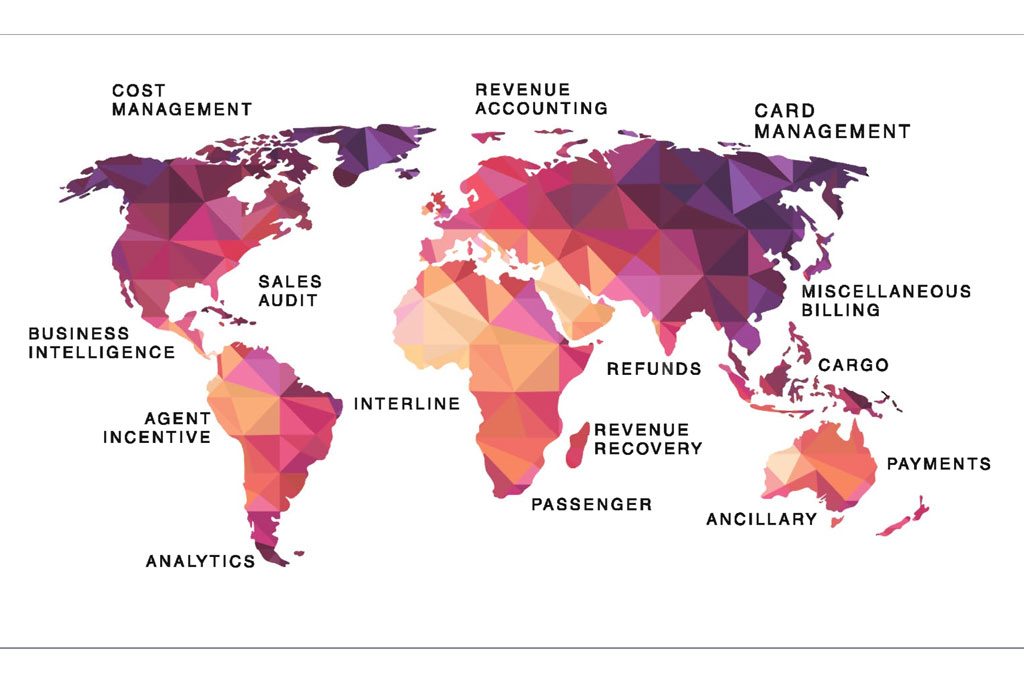Skift Take
Piece by piece, private equity firm Warburg Pincus is building Mercator into a rival to Sabre and Amadeus -- two travel technology providers that provide overlapping software and operational services to commercial airlines (and that recently went public after restructurings by buyout experts). Expect the Mercator merger with Accelya to spur an acquisition spree.
Barcelona-based airlines services company Accelya, which helps airlines like American Airlines and British Airways manage costs, is merging with Mercator, a Dubai-based travel services company. As of now, the combined companies will retain their separate brands, but the pattern of other similar mergers (such as Sabre’s acquisition of Abacus) suggests that Mercator will become the main brand over time.
Warburg Pincus, a U.S. private equity firm that has a majority stake in Mercator, led the deal. The terms of the transaction were not disclosed. The combined company will have pro forma annual revenues in excess of $200 million, the companies say.
The unified business will provide accounting, audit, and other financial services in a unit that will make it a competitor with the world’s four largest travel technology services companies Amadeus, Sabre, Travelport, and Travelsky, all of which, to varying degrees, have sidelines in providing airline services.
Mercator and Accelya say they plan to help their more than 250 airlines customers with “optimizing management of their indirect distribution channel.” That means that while they’ll help airlines sell directly through airline branded websites and mobile apps, they’ll also help airlines make decisions about how they distribute products “indirectly” through third-party marketplaces of the kind that Sabre, Amadeus, and Travelport offer to travel agencies.
Mercator and Accelya are marketing some of their services as being more technologically savvy than those offered by the so-called global distribution systems (GDS).
The buyout experts at Warburg Pincus appear to want to build an alternative services company for commercial airlines. In the past year, Mercator also bought Revenue Management Systems (RMS), a software provider that has 70 airlines.
That said, Mercator is still a long way from providing airline IT services at a scale that the billion-dollar company Amadeus, in particular, does.
But the company is making inroads. The combined company helps passenger airlines like JetBlue, United, and Qantas with their operations, too, such as passenger reservations, loyalty programs, and helping revenue management analysts set airfares (and upsell products) at optimal prices.
The buyout experts at Warburg carved out Mercator from the Emirates Group in 2014.
Mercator rose to prominence for its service to cargo operators.
But since Cormac Whelan became chief executive of Mercator a year ago, he has been moving the company assertively into passenger services for commercial airlines. Whelan has experience as chief executive for eight years at Datalex, which provides airlines with retailing software, and Chairman at Boxever, a marketing service provider for travel companies. That background has given Whelan a sense of the landscape of technology providers serving the global airline industry — and possibly insight into possible combinations that could achieve scale.
The Daily Newsletter
Our daily coverage of the global travel industry. Written by editors and analysts from across Skift’s brands.
Have a confidential tip for Skift? Get in touch
Photo credit: Just-acquired Barcelona-based Accelya helps more than 200 airlines manage its costs with financial services such as accounting, billing and revenue management. Accelya
